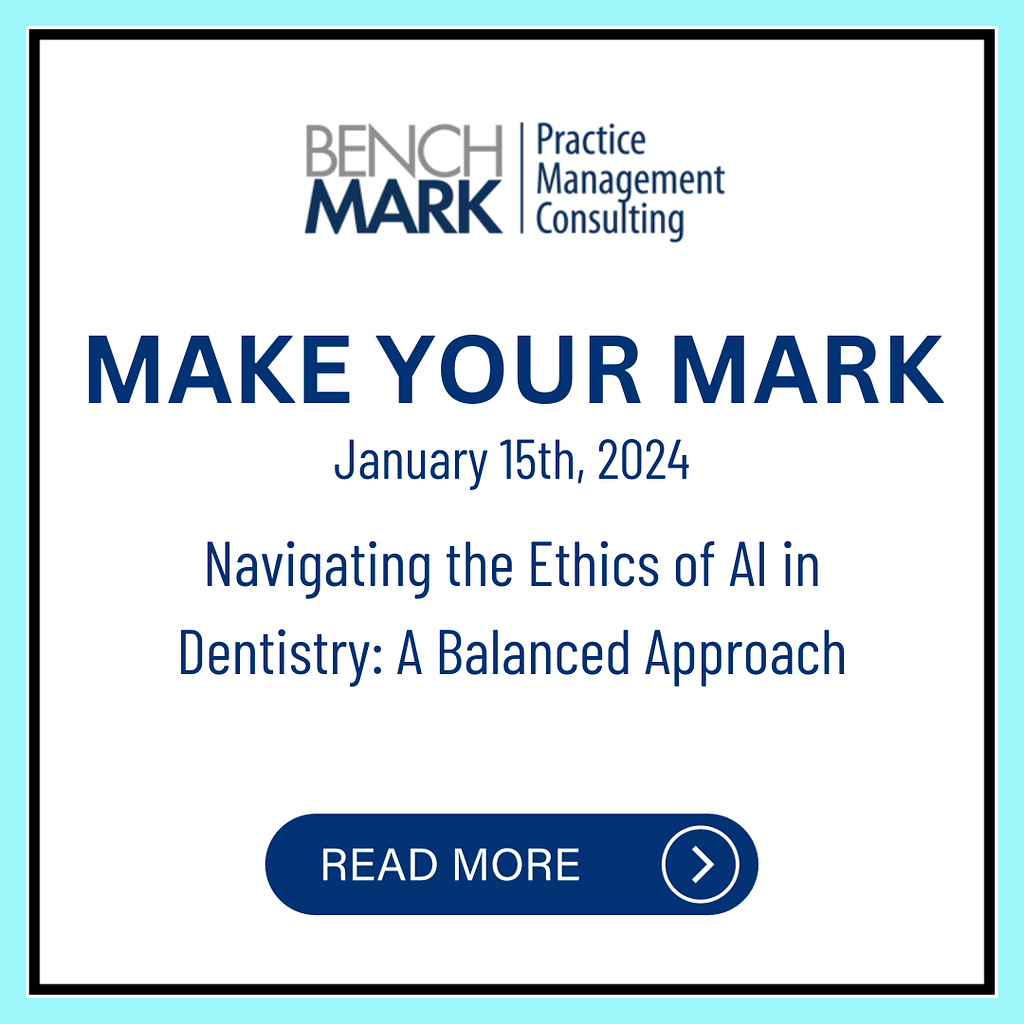The integration of Artificial Intelligence (AI) in dentistry is rapidly transforming the field, offering new possibilities for patient care and practice efficiency. However, this technological advancement brings with it a host of ethical considerations that dental professionals must navigate.
As we embrace these innovations, it is crucial to maintain a balance between leveraging AI for its benefits and upholding the highest ethical standards.
The Rise of AI in Dentistry
AI’s application in dentistry ranges from diagnostic assistance and treatment planning to patient management and administrative tasks. These tools can analyze large data sets, assist in early disease detection, and even predict treatment outcomes.
While the potential is enormous, it does raise ethical questions around patient privacy, data security, and the accuracy of AI-driven diagnoses. Let’s break this down a bit.
Ethical Considerations in AI Adoption
Incorporating AI into dental practices requires informed consent from patients, who should be made aware of how AI is used in their care. Ultimately, transparency about the role of AI, its capabilities, and limitations is essential to maintain trust.
The use of AI also involves handling vast amounts of sensitive patient data. Ensuring the privacy and security of this data is paramount to comply with regulations like PIPEDA and to protect patient confidentiality.
Now, while AI can significantly aid in diagnostics, the possibility of errors cannot be ignored. It’s crucial to have protocols in place for verifying AI-generated diagnoses and ensuring that final decisions always lie with a qualified dental professional.
Balancing AI with Human Judgment
AI should be seen as a tool to complement, not replace, the expertise of dental professionals. The human element remains critical, especially in interpreting AI findings and making judgment calls in complex cases.
Regularly assessing the performance and impact of AI tools is essential. This includes monitoring for any biases in AI algorithms and evaluating the overall effectiveness in improving patient care.
As part of ongoing professional development, dental practitioners should acquire training on the ethical implications of using AI. For some, AImay not be beneficial, or even needed, while for others, it can create new opportunities and avenues. Developing and adhering to industry-wide ethical guidelines can help navigate the challenges posed by these new technologies.
The integration of AI in dentistry offers exciting possibilities for enhancing patient care and streamlining practice operations. However, it is accompanied by a responsibility to address ethical considerations diligently.
The focus should remain on patient consent, data security, and the complementary role of AI alongside human expertise. That said, dental professionals can harness the power of AI responsibly and effectively thus enhancing the overall patient experience.




